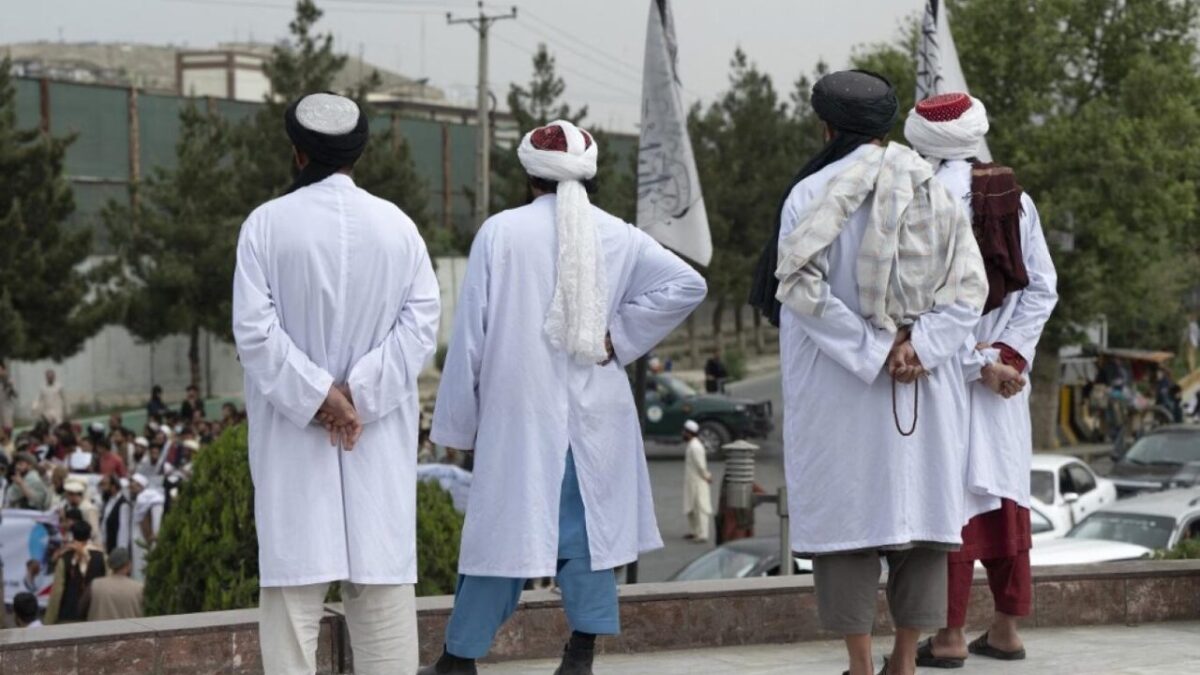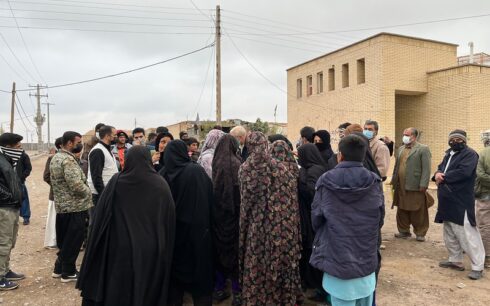KABUL, Afghanistan — The Taliban’s morality police have arrested 38 individuals, including seven women, across nine provinces in the three months since implementing the controversial morality law, according to figures provided by the Taliban-run vice and virtue ministry.
The majority of arrests were linked to accusations of sorcery and “moral corruption”. However, women report that the new regulations have brought further restrictions to their daily lives.
The law, enacted three months back, consists of a preamble, four chapters, and 35 articles. It imposes sweeping limitations, particularly on women and girls, including a prohibition on women’s voices being heard in public spaces, deeming them “unlawful.” The law gives the Taliban’s morality police the authority to arrest individuals, and in some cases, punish them on the spot.
Data from the ministry shows that arrests under the law have occurred in Kabul, Farah, Logar, Kandahar, Balkh, Sar-e-Pul, Kunduz, Faryab, and Paktia. Among those detained were eight individuals accused of practicing witchcraft or writing amulets.
The increased enforcement of the law has left many citizens feeling frustrated and fearful.
“We are exhausted by the Taliban’s morality laws,” said one Kabul resident. “Every day, there’s a new rule, and they’re arresting women and girls off the streets. How long can we live like this?”
Another Kabul resident shared similar sentiments: “These morality enforcers come up with new rules every day. They unjustly detain women and girls. We want these problems to end.”
Expanded authority
The morality law has granted the ministry’s officials broader powers, including enforcing bans on broadcasting images of living beings on media platforms.
“Enforcers continually interfere in people’s daily lives, using arbitrary reasons to limit personal freedoms,” said Touba Atai, a women’s rights activist. “They arrest individuals without justification, fostering a climate of fear and repression. These actions constitute blatant violations of basic human rights.”
International organizations have repeatedly called for the repeal of the law, but the Taliban leadership, including its supreme leader, has shown no signs of relenting. Taliban officials continue to urge citizens to strictly adhere to the law, underscoring its central role in their governance.





